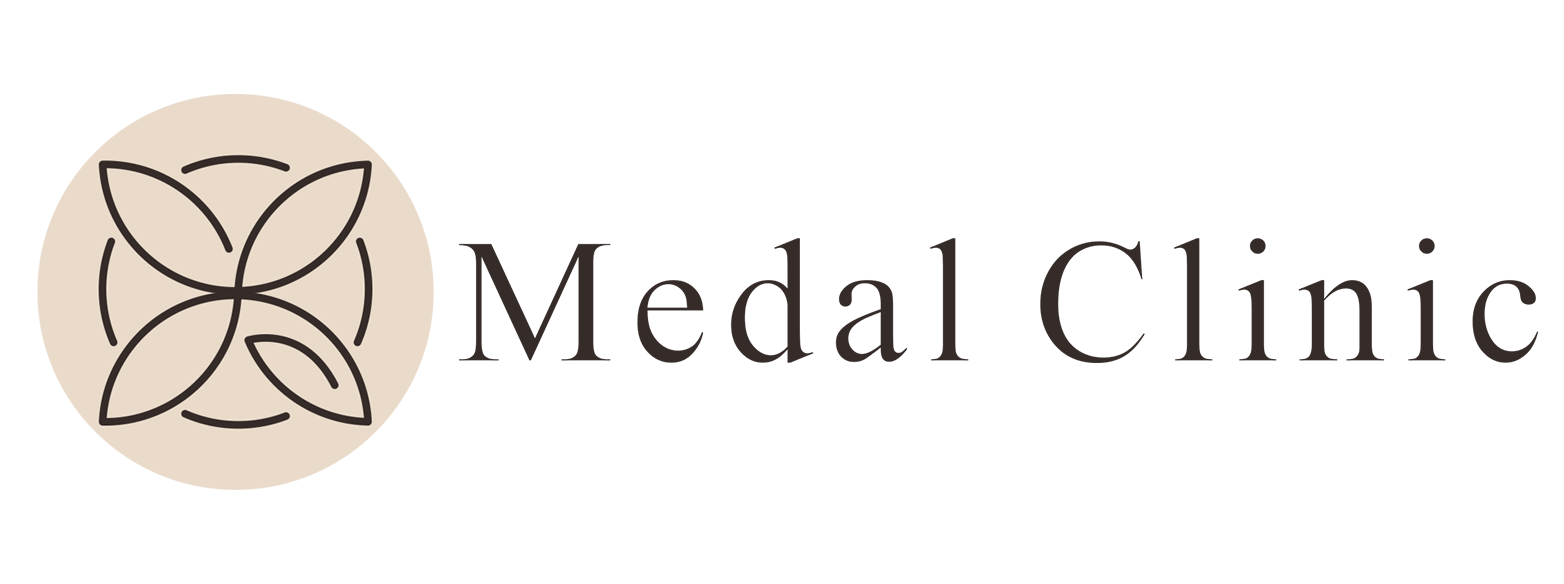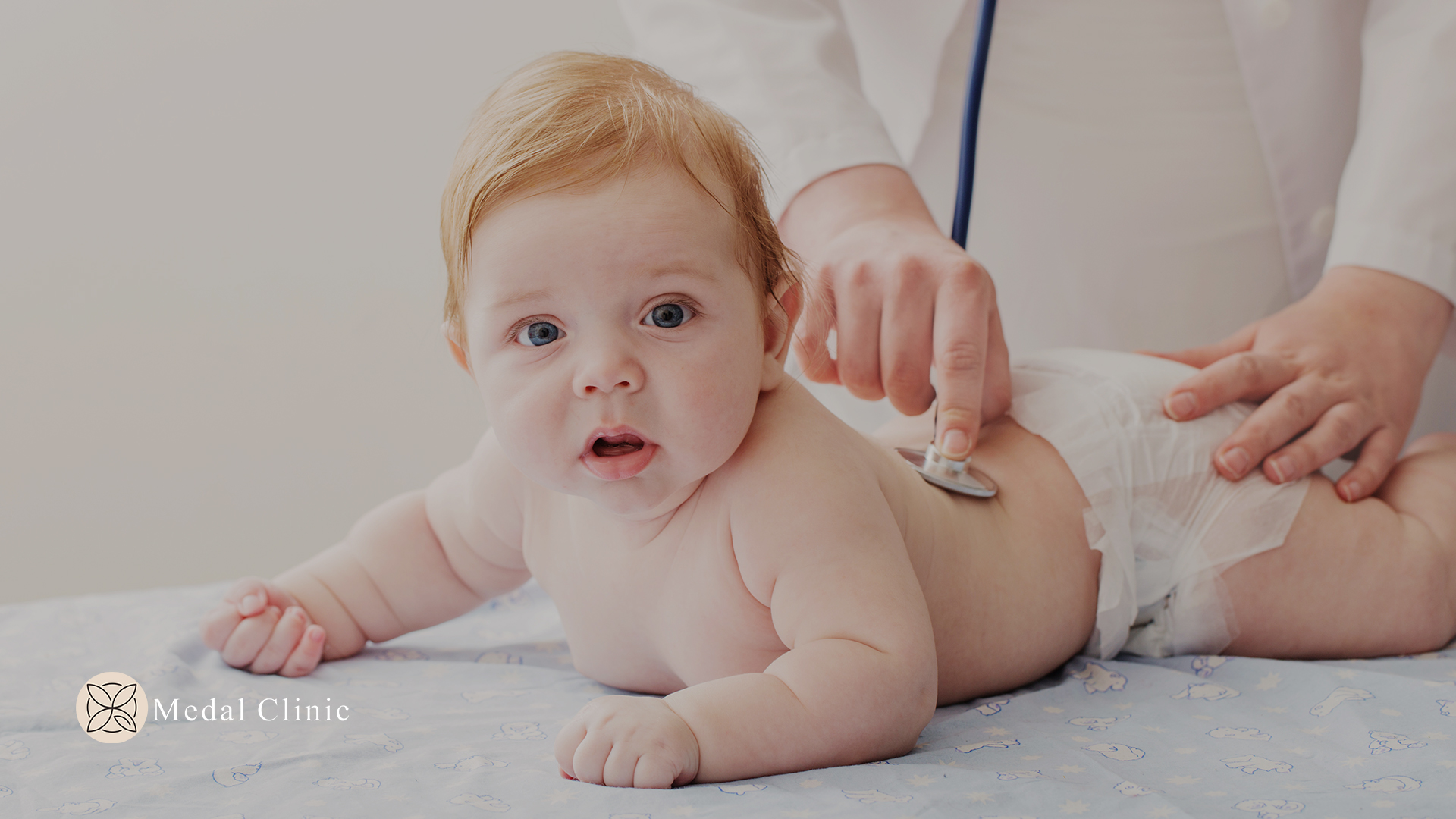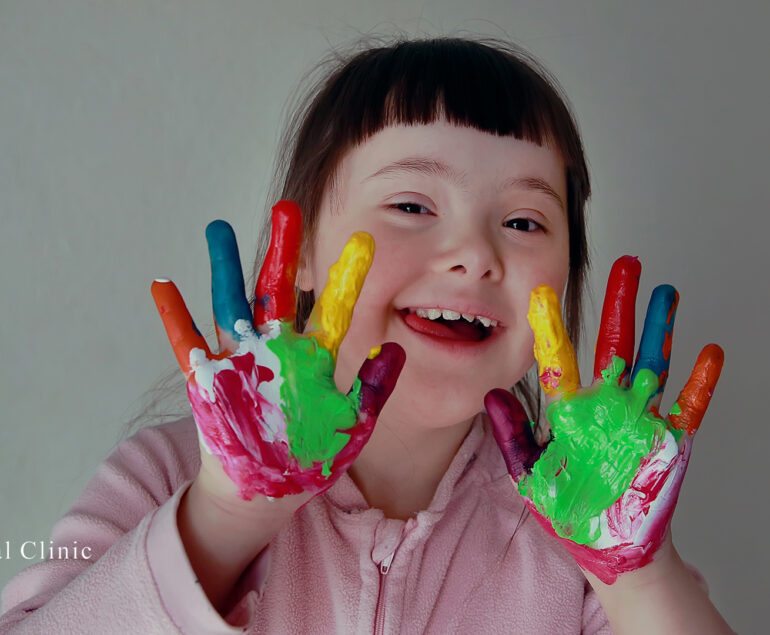Common Diseases in Babies
The first year of a baby’s life is a journey filled with joy, discovery, and growth. However, it can also be a time of anxiety for parents, as babies are vulnerable to a variety of health conditions. In this blog, we’ll explore some of the most common diseases that affect babies, their symptoms, and the steps you can take to ensure your little one stays healthy.
The Common Cold Brief overview: The common cold is perhaps the most frequent illness in babies. It’s usually not serious, but it can make your baby uncomfortable. Symptoms: Runny nose, cough, mild fever, and irritability. Prevention and care: Good hygiene, avoiding sick contacts, and supportive care like nasal saline drops and hydration.
Gastroenteritis Brief overview: Also known as the stomach flu, gastroenteritis is an inflammation of the stomach and intestines usually caused by a virus. Symptoms: Diarrhea, vomiting, stomach pain, and fever. Prevention and care: Frequent handwashing, proper food handling, and rehydration solutions to prevent dehydration.
Respiratory Syncytial Virus (RSV) Brief overview: RSV is a common respiratory virus that can lead to serious illness, especially in premature babies or those with heart or lung conditions. Symptoms: Coughing, wheezing, and difficulty breathing. Prevention and care: Good hygiene, avoiding crowded places during RSV season, and seeking medical attention if breathing difficulties occur.
Ear Infections Brief overview: Ear infections are common in babies due to the structure of their eustachian tubes. Symptoms: Tugging at ears, fussiness, trouble sleeping, and sometimes fever. Prevention and care: Breastfeeding can offer some protection, keeping baby upright during feeding, and seeing a doctor for potential antibiotic treatment.
Diaper Rash Brief overview: Diaper rash is a common form of inflamed skin that appears as a patchwork of bright red skin on your baby’s bottom. Symptoms: Red, puffy, and tender-looking skin in the diaper region. Prevention and care: Frequent diaper changes, airing out the skin, and using barrier creams.
Baby Acne Brief overview: Baby acne is a common condition that affects around 20% of newborns. Symptoms: Small red bumps or pustules on a baby’s cheeks, nose, and forehead. Prevention and care: Keeping the skin clean and dry, avoiding oils and lotions, and in most cases, it resolves on its own.
Jaundice Brief overview: Jaundice is a yellowing of the skin and eyes in newborns, caused by the buildup of bilirubin. Symptoms: Yellowing of the skin and the whites of the eyes. Prevention and care: Adequate feeding to promote regular bowel movements, and in some cases, phototherapy is required.
Teething Brief overview: Teething is not a disease, but it can cause symptoms that mimic illness. Symptoms: Drooling, chewing on objects, irritability, and sometimes a slight increase in temperature. Prevention and care: Teething rings, cold spoons, and massaging gums can provide relief.
Conclusion: While it’s natural for parents to worry, it’s also important to remember that most common diseases in babies are easily treatable. Always consult with your pediatrician if you’re concerned about your baby’s health. Remember, you’re not alone on this journey, and there’s a wealth of support and knowledge available to help your baby grow up healthy and strong.
FAQ's
What are the most common diseases in babies?
Common diseases in babies include the common cold, gastroenteritis, respiratory syncytial virus (RSV), ear infections, and diaper rash. These conditions are typically manageable at home, but some may require medical attention.
How can I tell if my baby has an ear infection?
Symptoms of an ear infection in babies can include fussiness, trouble sleeping, fever, fluid draining from the ear, and tugging or pulling at one or both ears. If you suspect your baby has an ear infection, it’s important to consult a pediatrician for proper diagnosis and treatment.
Can teething cause my baby to get sick?
Teething itself doesn’t cause illness, but it can make babies uncomfortable and fussy. Some babies may have a slight increase in temperature, but high fever and diarrhea are not typical of teething and should be evaluated by a pediatrician.
What should I do if my baby shows signs of jaundice?
If you notice that your baby’s skin and the whites of their eyes are turning yellow, it’s important to consult your healthcare provider promptly. Jaundice can be common in newborns, but it sometimes requires medical intervention, such as phototherapy.
How can I prevent my baby from getting a cold?
Preventing a cold involves practicing good hygiene, like washing hands frequently and avoiding close contact with sick individuals. Breastfeeding can also boost your baby’s immune system. However, colds are very common and, while they can be uncomfortable for your baby, they usually resolve on their own.




